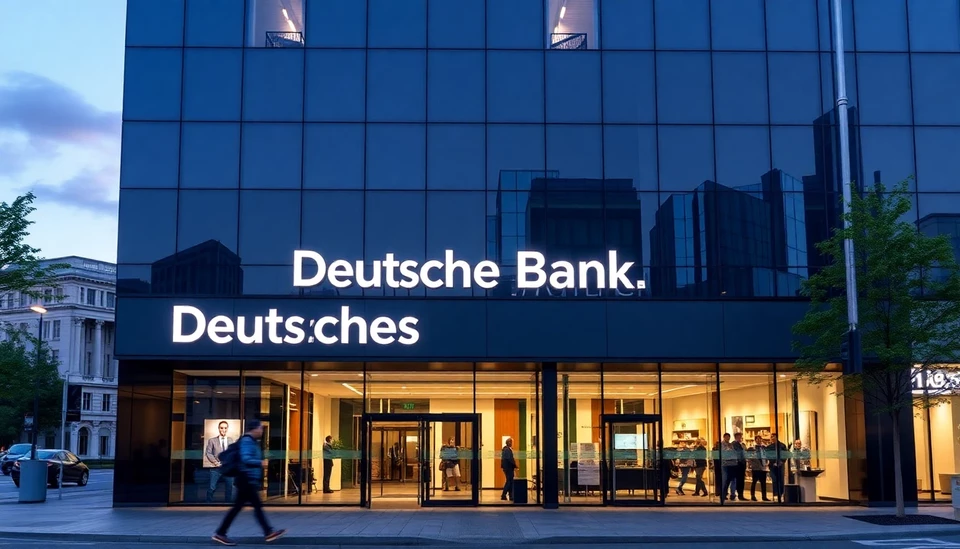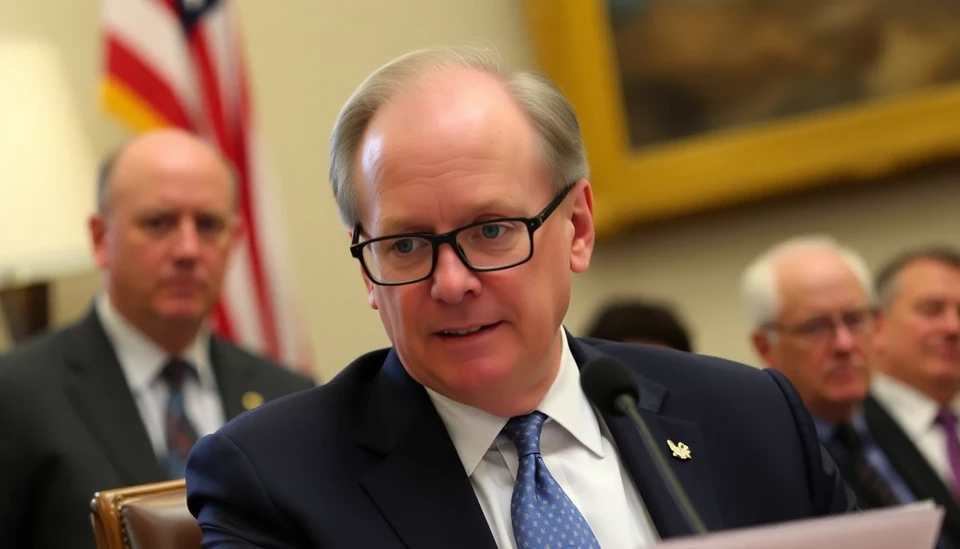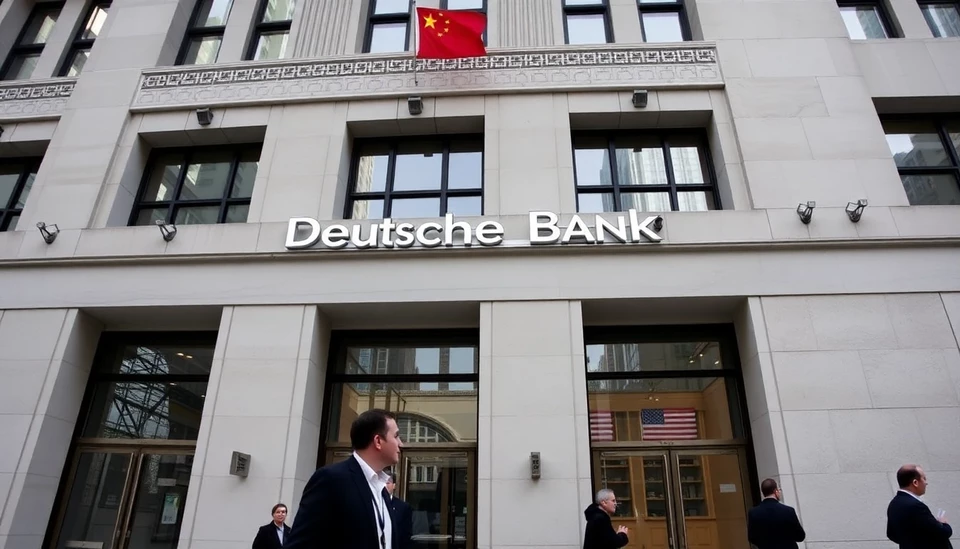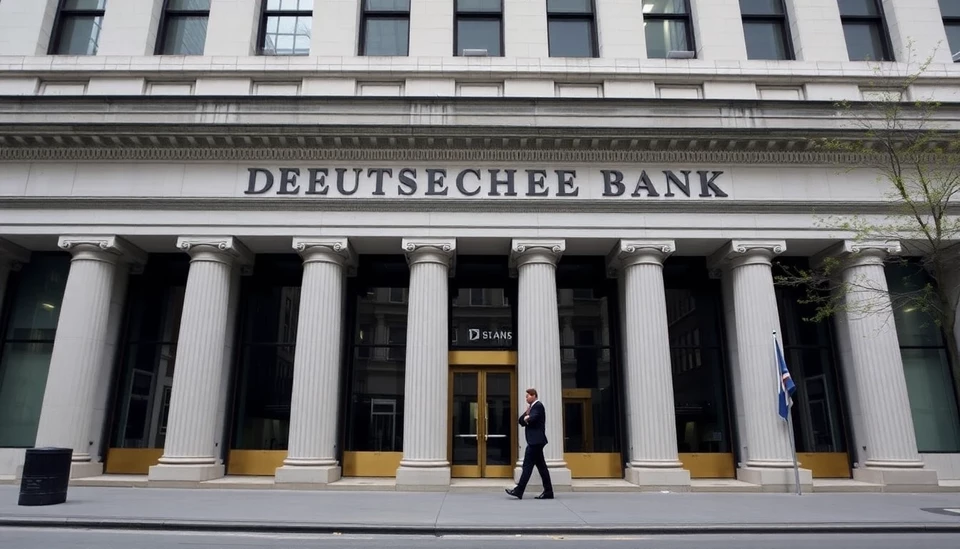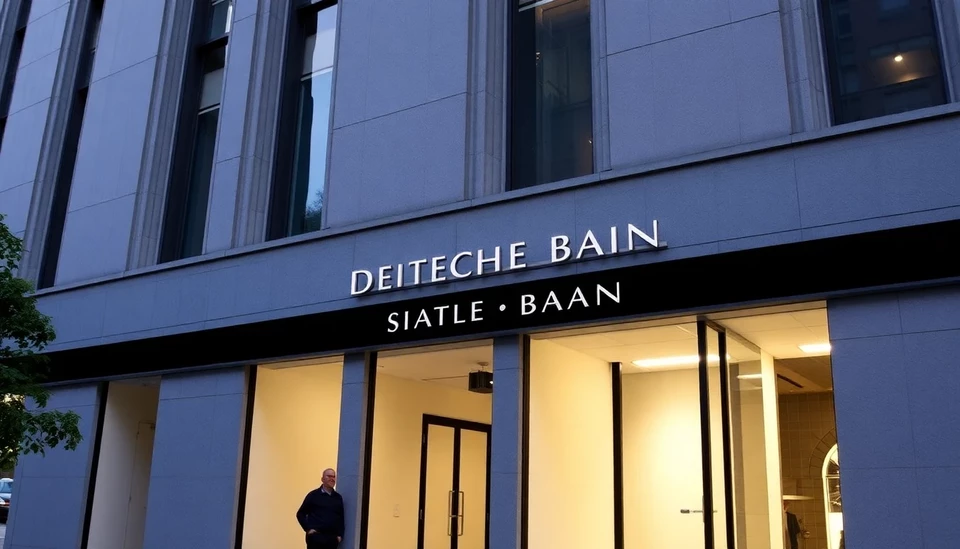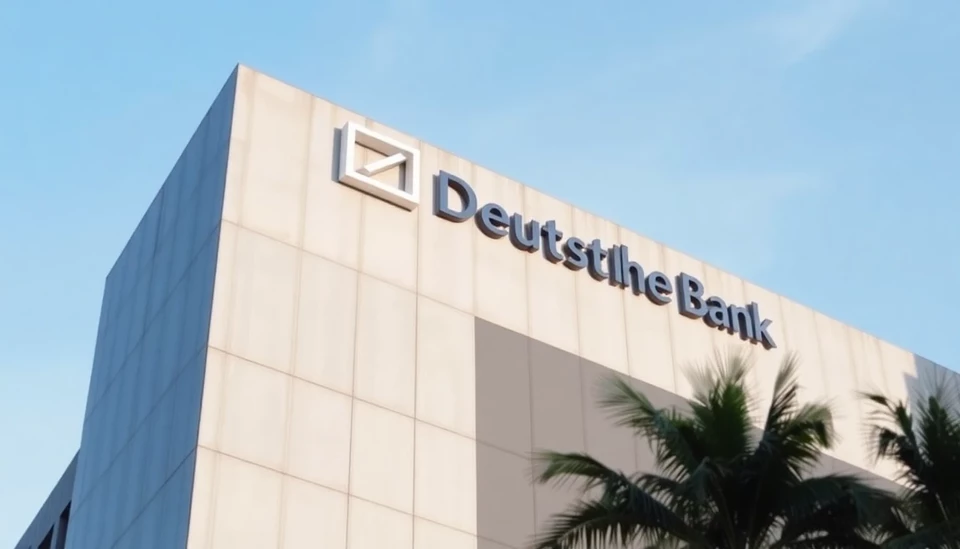
In a significant financial move, Deutsche Bank has announced a ramp-up of its regulatory capital for its Indian subsidiary by 33%. This strategic decision underscores the bank's commitment to bolstering its presence in the rapidly growing Indian market, enhancing its capacity to manage regulatory requirements and support its expanding operations.
The increase in regulatory capital is set to amount to approximately ₹4,500 crore ($543 million). This infusion not only aims at complying with the Reserve Bank of India’s (RBI) stringent guidelines for capital adequacy but also positions the bank to better navigate the evolving landscape of India's banking sector. By augmenting its capital base, Deutsche Bank intends to reinforce its lending capabilities and facilitate greater credit access to businesses and individuals across the country.
According to the bank, this move aligns with its long-term strategy to deepen customer relationships and expand its suite of services in India. With the Indian economy projected to grow robustly, Deutsche Bank is strategically positioning itself to cater to the financial needs of a burgeoning market. The investment signifies confidence in India's economic prospects, despite the global economic uncertainties that linger post-pandemic.
The adjustment in capital also reflects the bank's efforts to stay ahead of regulatory changes and competitive pressures in one of the world’s largest economies. The RBI mandates minimum capital ratios that financial firms must maintain, and this strategic increase is seen as both a proactive measure and a reflection of Deutsche Bank's resilience in the face of challenges.
Deutsche Bank's India operations have witnessed a steady uptick in demand for services, driven by the increasing number of foreign investments and the growing sophistication of financial products in the region. With this capital expansion, the bank plans to bolster its investments in technology and risk management systems to enhance customer experience and provide advanced financial solutions.
Furthermore, the increase in capital is expected to pave the way for Deutsche Bank to participate in larger deals and financing opportunities, elevating its competitive edge in the financial services market. As regulatory landscapes evolve, having a strong capital foundation will be critical for any institution aiming to thrive in the Indian marketplace.
In conclusion, the augmentation of Deutsche Bank’s regulatory capital in India is a clear signal of its commitment to the country’s growth trajectory and its strategic intent to fortify its operations amidst an ever-changing financial landscape. This bold step reflects both confidence in the Indian economy and an ambitious vision for the bank's future in one of the world's most promising markets.
By reinforcing its financial foothold, Deutsche Bank is not just complying with regulatory standards but is actively preparing to take advantage of the unfolding opportunities in India's dynamic economic environment.
#DeutscheBank #India #BankingSector #RegulatoryCapital #FinancialGrowth #Investment #EconomicDevelopment
Author: Samuel Brooks
